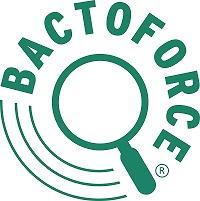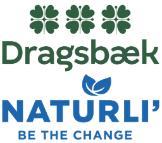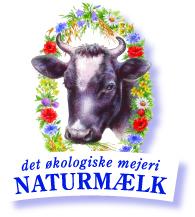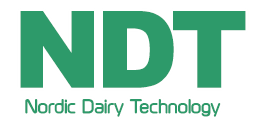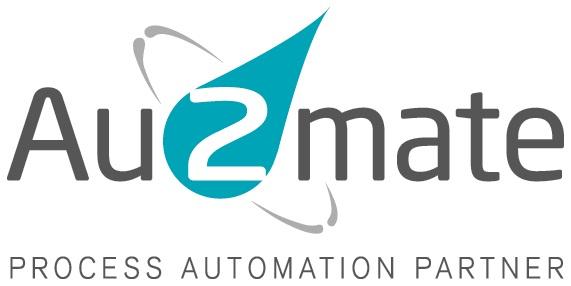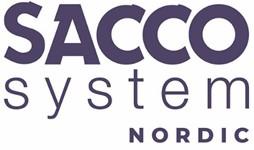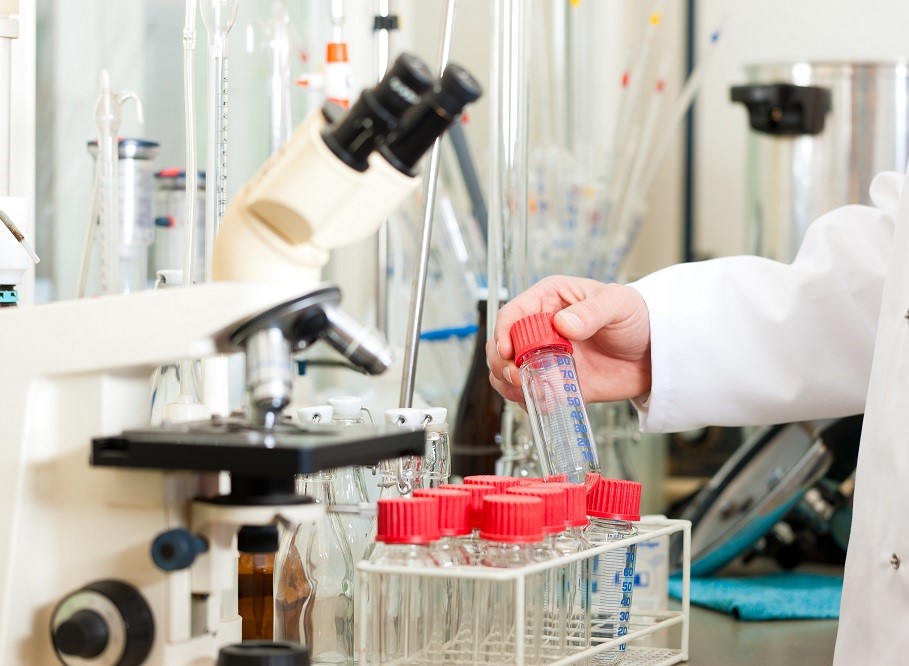
Food safety is always relevant and critical and thus in focus at the dairies. New challenges constantly require your attention. These challenges are driven by anything from food fraud, food defense, terrorist threats, new products, customer requirements and new analysis methods.
This seminar will deal with a new method, which has potential to revolutionize the way milk and dairy products can be analyzed cheaply and efficiently. Allergens from new types of plant-based products also constitute a challenge. The consequences of food allergies will be elucidated and an overview of allergen detection plus avoidance of allergen contamination of the process lines by proper CIP-cleaning will be given. Finally, handling of the labeling terminology ”may contain traces of” is presented. Participants will get an insight into processor benefits from certification, site security and coming changes to the HACCP-concept. The seminar will also present more technical aspects such as cleaning of sensors, where hygienic design and biofilm play a major role. Finally, getting rid of Food Fraud with the help from a Blockchain solution and with detection of synthetic vanilla as an example is presented.
For programme see HERE

The MOLOKO project: An innovative multiplex and miniaturized optical biosensor for plasmonic-based detection of contaminants in milk
Milk and dairy products may contain different contaminants or adulterants from different sources and testing for these is compulsory, based on risk assessment. In this scenario, the EU H2020 MOLOKO project aims at the manufacturing and implementation of miniaturized optical biosensor for low-cost standardized and validated screening of interest analytes for sustainable food safety. In particular, the multiplexed and (semi)quantitative detection is expected to be of up to 10 analytes among which food safety parameters e.g. antibiotics (i.e. penicillin, cephalonium) and toxins (i.e. mycotoxins) and food quality parameters e.g. lactoferrin and caseins. The rapid and reusable final prototypal sensor is based on key-enabling technologies such as organic photonics, nanoplasmonics, immunoassay diagnostics and microfluidic system and is designed according to milk production and distribution end-users.
MOLOKO integrated organic photonic has the potential to allow low-cost early detection capabilities of affected food supplies setting a higher quality standard along the whole food supply-chain made of producers, carriers, wholesalers, retailers.

Food Allergy in 2021
Allergy is a very strong response to a protein in the environment. Prevalence of food allergies increases more than that of respiratory allergies. The most common allergens are milk, eggs, fish, shellfish, nuts, peanut, soy and wheat. Diet is an important factor in the prevention of food allergies. With a Basofil activation test we can improve laboratory testing for these allergies compared to specifically the IgE and skin dot test. Once a clear diagnosis has been made, there are now fairly good treatments. Several treatments are being developed.

Critical allergens in the dairy sector and how they can be detected.
The most common allergen is off cause milk itself, however today plant-based drinks are often produced on the same processing facilities as dairy products and therefore cross contamination presents a new challenge. The way to avoid cross contamination is to have a HACCP system and management system built upon a solid foundation of prerequisite programs including procedures for cleaning control which are a vital part of a food processors self-monitoring systems. Many methods to detect insufficient cleaning including the presence of allergens are available, the different kind of tests will be discussed.

How to label allergens
Understand the regulations for correct labeling of food allergens, both regarding the ingredient list and trace labelling e.i. allergens, which are not part of the ingredients of a product, but originates from other foods, produced in the same facility.

Food fraud on the example of vanilla flavor – how can we fight best?
Vanilla is one of the most popular and with a price of 500 USD/kg most expensive spices. The characteristic compound ‘vanillin’ can be derived by cheaper methods. Synthetic vanillin costs only 10 USD/kg. This price gap obviously constitutes an important cause for fraud. Sophisticated detection methods are in place, but they are not without limitations. The question arises if the fight against food fraud should be further extended by the application of digital tracking and tracing technologies. In recent years, the blockchain technology has become increasingly popular, it offers several attractive solutions, potentially also for the ‘vanilla problem’.

Certification adds value
Today many companies meet requirements for quality and food safety certifications (some even several) according to standards such as BRC Global Standard (British Retailers), FSSC 22000 and IFS (German and French supermarkets). Naturally, the question arises: what are the benefits? Torben Lyster Clausen, explains how processors can obtain value from the requirements of certifications (e.g. structured food safety work, food safety culture, Food defence (e.g. site security), food fraud etc.).
Furthermore, he will present an overview of some of the basics of the complex yet unavoidable world of certifications. Accreditation versus certification, system-certification according to ISO 17021 and product/process certifications according to ISO 17065 and the newest service: remote audits. His presentation will also explain abbreviations like: FSSC, GFSI, ISO 9000 and ISO 22000.

Revised Codex General Principles for Food Hygiene (GPFH) and HACCP
In recent years, the obstacles against practical implementation of HACCP – particularly in small and less developed food businesses - have been recognized. Further, the developments of ISO 22000 and FSMA have brought to the table new approaches to hazard management. These developments started a process in 2014 which led to the initiation of a revision of the GPFH. The work was finalized in November 2019 and the revised GPFH was finally adopted by Codex in September 2020.
The revised GPFH puts less emphasis on the importance of HACCP, include allergen management and introduces new concepts such as management commitment, leadership & food culture, “water-fit-for-purpose” instead of “potable water”. Further, HACCP and PRP’s/GHP’s are more integrated and of a new type of control measures “GHPs that require more attention than others” are introduced.
The presentation will address the changes made and their expected impact on legislation and private standards.


Dead-ends can and should they be avoided in hygienic processing plants?
The post will present practical criteria for hygienic design of dead-ends and installation of sensors in the food and pharma industry by: Presentation of a range of sensors and process couplings that are in hygienic design and EHEDG (European Hygienic Engineering and Design Group) certified as well as how the standard for installation of sensors in the process industry can be increased. Illustration of the value of using EHEDG certified components. Review of criteria for the use of dead-ends in processing plants, e.i. when they are permissible or not, as well as the principles underlying the relevant risk assessment of use.




